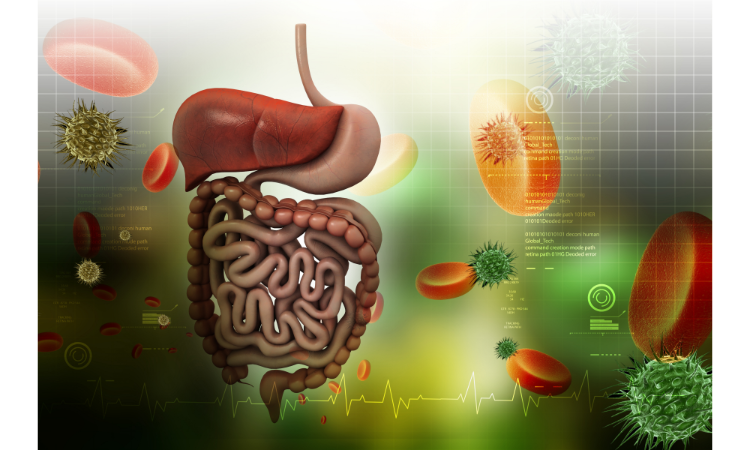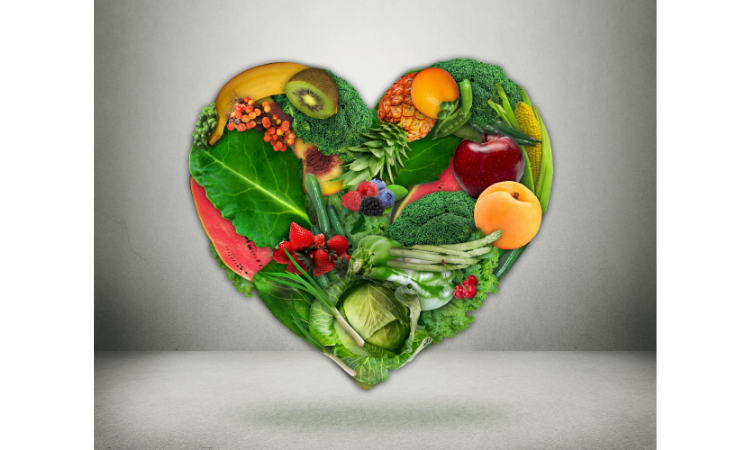Green vegetables have long been hailed as a cornerstone of a healthy diet. From broccoli and spinach to kale and green beans, these nutrient-dense foods offer a plethora of benefits for your body and mind. In this article, we will explore 12 compelling reasons why you should consider incorporating more green vegetables into your daily routine.
-
Boosted Immune System

One of the most notable benefits of eating green vegetables is their ability to strengthen your immune system. Rich in vitamins and minerals, such as vitamin C, vitamin K, and folate, these foods help your body fend off illnesses and infections.
-
Improved Digestion

Green vegetables are high in fiber, which is essential for maintaining a healthy digestive system. Consuming a diet rich in greens every day can help prevent constipation, promote regular bowel movements, and even lower your risk of developing gastrointestinal disorders.
-
Enhanced Heart Health

Eating green vegetables daily can also have a positive impact on your heart health. Many green vegetables, such as dark green leafy vegetables, contain potassium, which helps regulate blood pressure and maintain a healthy heartbeat.
-
Weight Management

The high fiber content and low calorie count in green vegetables make them a perfect addition to any weight loss plan. By eating raw vegetables like leafy greens or green beans, you can feel fuller for longer and reduce your overall calorie intake.
-
Enhanced Skin Health

The benefits of eating greens for skin health are numerous. Green vegetables contain antioxidants, vitamins, and minerals that promote a healthy complexion, protect against free radicals, and even reduce the signs of aging.
-
Improved Bone Health

Green vegetables, particularly dark green leafy vegetables, are rich in calcium and vitamin K, which are crucial for maintaining strong, healthy bones. Consuming greens regularly can help reduce your risk of developing osteoporosis later in life.
-
Enhanced Eye Health

The benefits of eating green vegetables extend to your eyes as well. Green vegetables contain lutein and zeaxanthin, two important nutrients that help protect your eyes from age-related macular degeneration and cataracts.
-
Reduced Inflammation

Green vegetables, such as kale and spinach, contain powerful anti-inflammatory compounds that can help reduce inflammation in your body. This can be particularly beneficial for individuals with chronic inflammatory conditions, such as arthritis or inflammatory bowel disease.
-
Improved Mental Health

Research has shown that consuming a diet rich in fruits and vegetables, including green leafy vegetables, can have a positive impact on mental health. Green vegetables contain essential nutrients, such as folate and vitamin K, which have been linked to improved mood and cognitive function.
10. Cancer Prevention

Green vegetables are packed with antioxidants and other cancer-fighting compounds. Regularly consuming a diet rich in green vegetables has been associated with a reduced risk of developing certain types of cancer, such as breast, colon, and lung cancer.
11. Improved Detoxification

Your body naturally detoxifies itself, and eating green vegetables can support this process. Cruciferous vegetables like broccoli and kale contain compounds that help eliminate toxins from the body, promoting overall health and well-being.
12. Balanced Blood Sugar Levels

Green vegetables, particularly those high in fiber, can help regulate blood sugar levels and reduce the risk of developing type 2 diabetes. By slowing down digestion and sugar absorption, green vegetables can help prevent blood sugar spikes and crashes.
How to Incorporate More Green Vegetables into Your Diet

Now that you know the many benefits of eating green vegetables, you may be wondering how to incorporate them into your daily meals. Here are a few ideas to get you started:
- Salads: A classic option, salads are an easy way to enjoy a variety of greens, such as mixed greens, spinach, or dandelion greens.
- Smoothies: Adding a handful of spinach or kale to your morning smoothie is an effortless way to increase your daily green vegetable intake.
- Stir-fries: Green vegetables like green bell peppers or broccoli make a delicious and healthy addition to any stir-fry.
- Green juices: Drinking green vegetable juice is another way to pack in those essential nutrients.
- Snacking: Munch on raw vegetables like green beans, snap peas, or green olives for a nutritious and satisfying snack.
- Roasting: Try roasting green vegetables like Brussels sprouts or turnip greens for a delicious side dish.
Final Thoughts
With so many benefits of eating green vegetables, there’s no reason not to add more of these nutrient-dense foods to your daily routine. By incorporating green vegetables into your meals and snacks, you’ll be well on your way to improving your overall health and well-being. So, go ahead and indulge in those leafy greens – your body will thank you.
